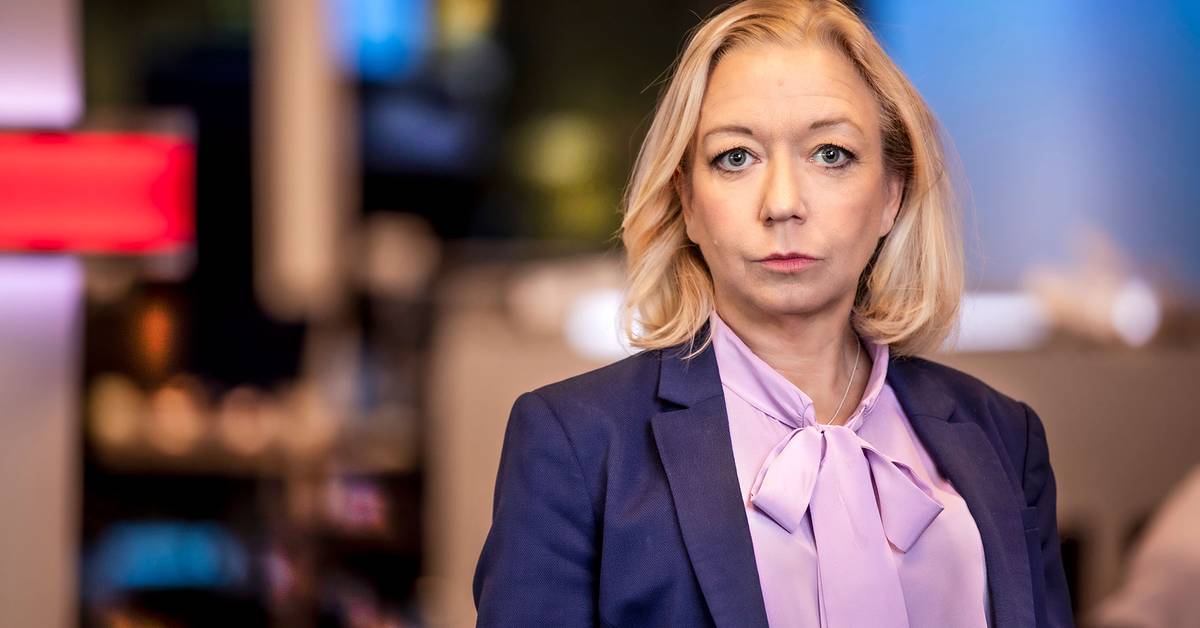The center party lost the most of all the parties in the election, with the loss in the countryside being the most painful.
Parity has weak support in all substantive issues, including the profile issue of environment and climate, and they have lost their key position in Swedish politics.
Add to that the downward trend in public opinion.
The center party has lost 1.3 percentage points since the election, according to SVT/Novus.
All in all, this could have led to the conclusion that what is required is a comprehensive political and strategic realignment.
But that is not what the election committee has landed on when they now propose Muharrem Demirok (C) as the new party leader.
No major course change
He is the one of the party leader candidates who is closest to Annie Lööf (C), he is already part of the party's top leadership today and is fully behind the party's priorities both in terms of the parliamentary strategy and policy.
Thus, one can expect a continued focus on bourgeois economic policy, rural challenges, the environment and climate, and liberal values.
That includes the strong opposition to the Sweden Democrats who defined the Center Party under Annie Lööf.
Being the only bourgeois party that says no to a collaboration with the Riksdag's second largest party has strong internal support.
So no major change of course with Demirok at the helm.
What the selection committee highlights instead is his "listening leadership".
It should be seen in the light of the criticism about top management that has been directed at the current management.
In addition - after an election loss, a party always risks internal division, Demirok's mission will be to keep the party together.
The fact that he, as former chairman of the party's heavy municipal section, has strong support among municipal politicians has been decisive.
Protect your independent role
Demirok is their candidate after Daniel Bäckström (C) kicked himself out when he could not answer clearly whether he could imagine marrying same-sex couples or going to the front of the Pride train.
Muharrem "Murre" Demirok is described as a pronounced social liberal, so a clearer message on the welfare issues is a low-oddsman.
He is also flagging for a shift in position regarding the free school profits, but how far the party is prepared to go will only become clear at the general meeting this fall.
All in all, it could in any case pave the way for a possible future collaboration between S and C that is based on more than the common interest in keeping SD away from influence.
But during this mandate period, the Center Party will rather protect its independent role and go into fierce liberal opposition to the government.
Difficult to take over after Lööf
Taking over from such an experienced, profiled and dominant party leader as Annie Lööf is difficult.
Lööf has been a float for his party in several elections, especially among well-educated, female metropolitan voters.
Voters who are attracted by the message that today's big battle is not between left and right but between a broad liberalism that can also include social democrats, against nationalism and right-wing populism.
But it is a flexible group of voters who in this election largely preferred Magdalena Andersson (S).
The question is whether Demirok is the one who can lure them back.
Important to regain the position in the countryside
It will be equally important to regain the strong position in the countryside.
This includes convincing the voters who do not see the value struggle against the SD as the most important issue, but rather avoid a collaboration with the Green Party.
Now it is a long way until the next election, but in time, Demirok needs an answer to the government question that is more credible than the dream of the broad center.
There is no shortage of trials in Swedish politics.
Muharrem Demirok has just accepted one of the more difficult ones.

